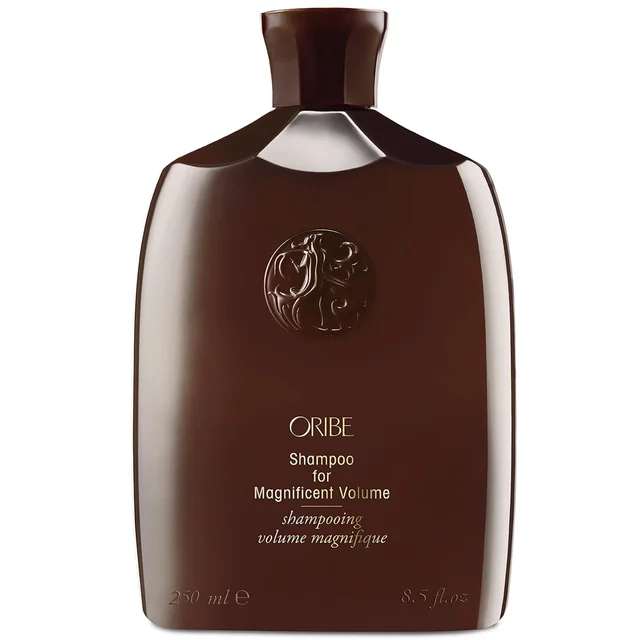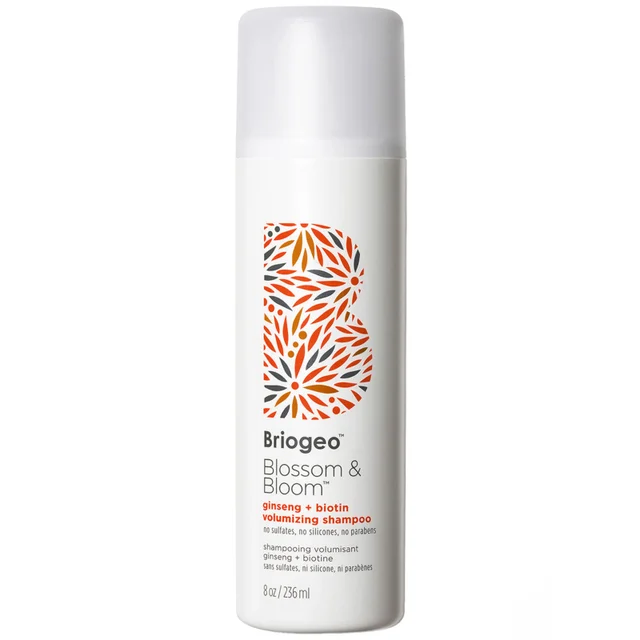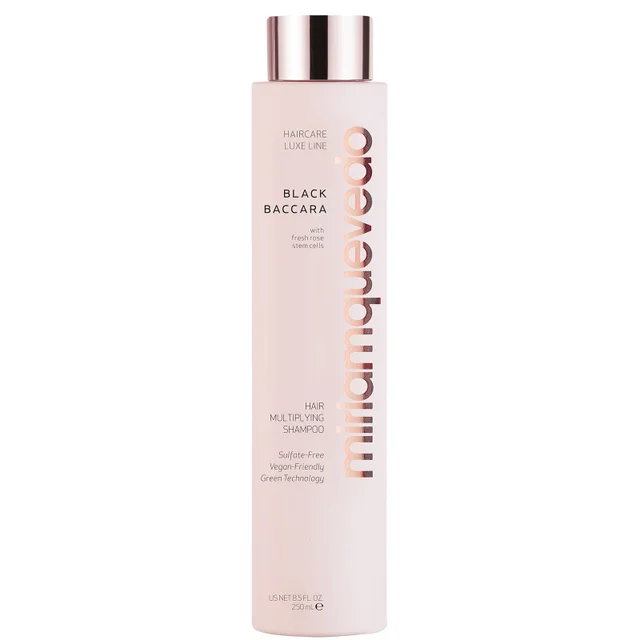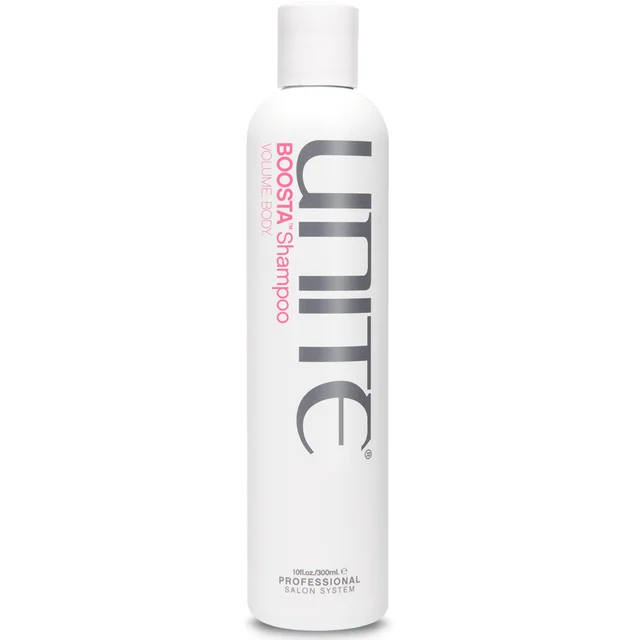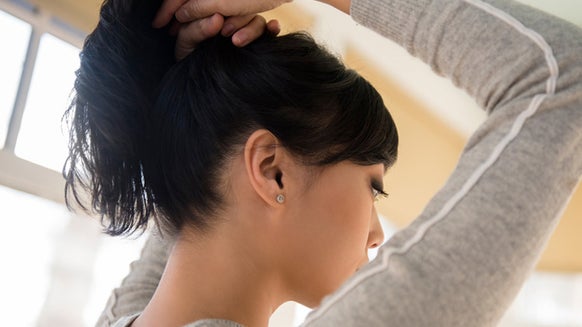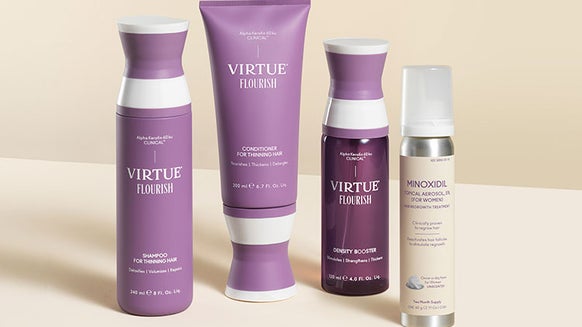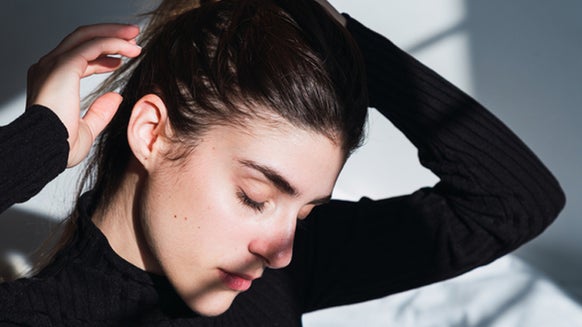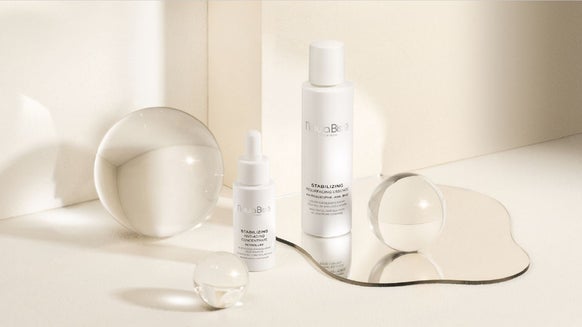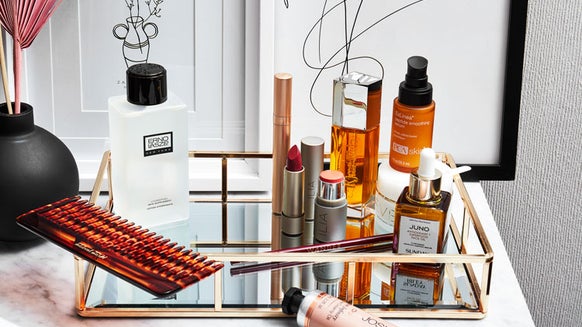8 Volumizing Shampoos for Thicker, Fuller Hair
We’ve all dreamt of thicker, fuller hair. Especially for those with thin or flat hair, finding ways to get healthy and strong locks is a must. And, we get it: there’s probably nothing more panic-inducing than spotting a few loose strands of hair around the house or in your hand if you’re already worried your hair’s too thin or dull! But we’re here to tell you that there are definitely ways to get thicker, more voluminous hair.
The secret? A really good volumizing shampoo. But, before we get into some of our favorites, it’s important that you know some of the reasons why you’ve thin or flat hair before deciding the best product for you.
What Causes Thin Hair and How Volumizing Shampoos Help
Fine or thin hair is defined as hair that is smaller in diameter and less porous. The reason thin hair looks flat is that it's prone to oiliness, which weighs down already thin locks. And, whether we like it or not, hair thinning is perfectly natural and most of us will experience it at one point in our lives. Why? Well, we're not immune to some of the most common causes of thin or fine hair: aging, hormonal changes, stress, or not getting enough vitamins or sleep
Another reason you might experience hair thinning is that - due to excess oil - you'll likely have to wash hair often. This is why it's crucial you find a good shampoo to keep hair and scalp healthy. We suggest using a volumizing shampoo containing ingredients that create “hold” to lift hair away from the head. In addition, volumizing shampoos can help infuse collagen and protein into the hair, helping improve hair growth, luster, and thickness. Whenever possible, aim for a shampoo without sulfates as this ingredient can irritate the scalp.
Best Hair-Thickening Shampoos For Fuller-Looking Hair
In case you’re wondering which shampoos will give your locks added shine and bounce, here are some obsession-worthy shampoos to keep hair healthy and strong.
1. VIRTUE Full Shampoo (8 fl. oz.)
2. Oribe Shampoo for Magnificent Volume 8.5 oz
5. Briogeo Blossom & Bloom™ Ginseng + Biotin Hair Volumizing Shampoo 8 oz
6. miriam quevedo Black Baccara with Fresh Rose Stem Cells Hair Multiplying Shampoo (8.5 fl. oz.)

Janeca Racho is a Journalism graduate with over 15 years of writing experience. After getting her start in public relations and advertising, she made the switch to freelance writing and began working for various lifestyle, fashion, and travel brands. Her love for all things skincare has led her to beauty reporting and research for the last ten years. Writing for several hair and beauty blogs, she reports on anti-aging staples, trending brands and products, must-have ingredients, and health and wellness.

